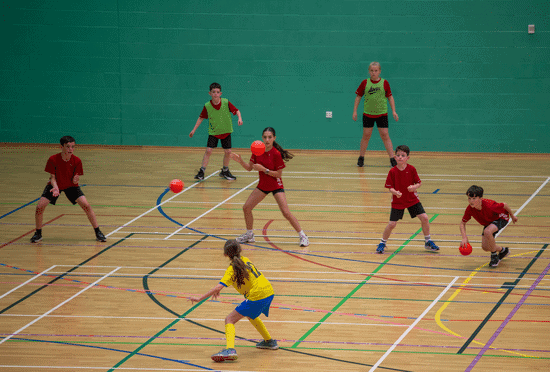Worksheet Solutions: Our Games | Physical Education and Well Being (Khel Yoga) for Class 3 PDF Download
| Table of contents |

|
| Multiple Choice Questions (MCQs) |

|
| Fill in the Blanks |

|
| True or False |

|
| Short Answer Questions |

|
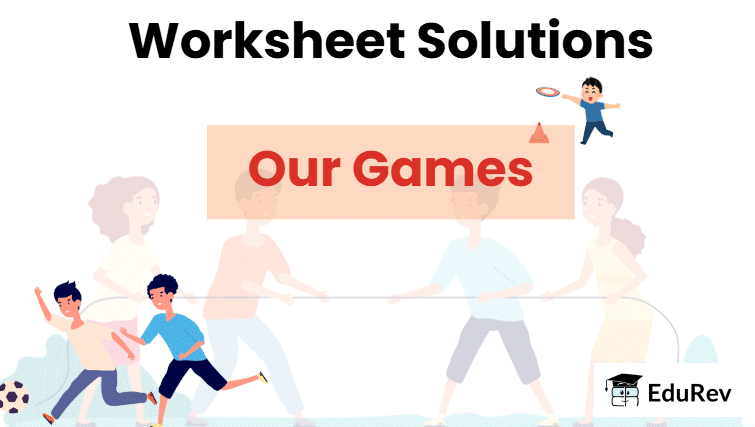
Multiple Choice Questions (MCQs)
1. What is another name for Seven Stones?
a) Lagori
b) Kabaddi
c) Kho-Kho
Ans: a) Lagori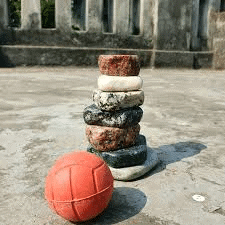
2. In Aankh Micholi, the player who is "den" has their eyes:
a) Open
b) Covered with a cloth
c) Closed without a cloth
Ans: b) Covered with a cloth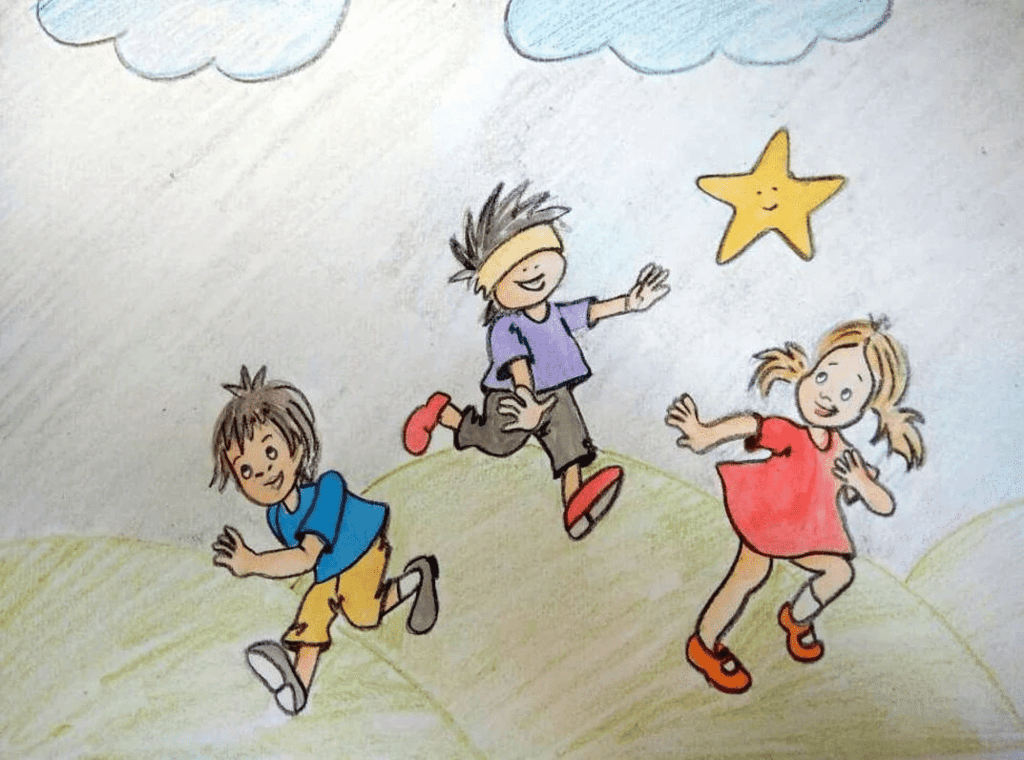
3. Which game uses a spoon and a lemon/marble?
a) Tug of War
b) Spoon Race
c) Hopscotch
Ans: b) Spoon Race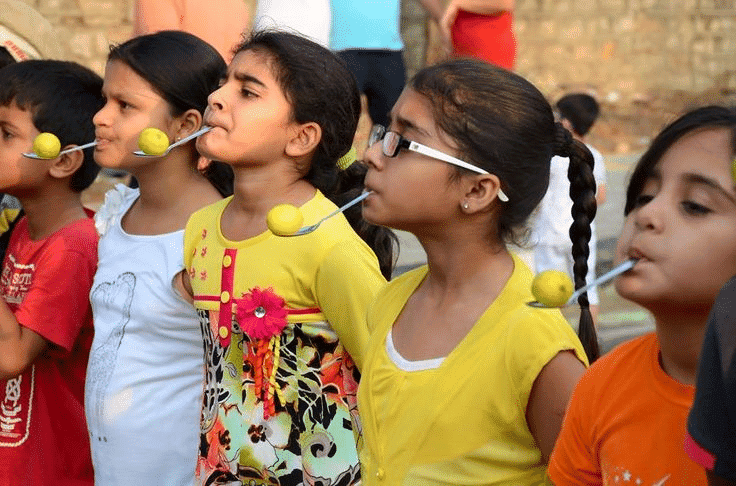
4. In Kumir Denga, runners are safe in:
a) Water areas
b) Land areas
c) Both areas
Ans: b) Land areas
5. Which game involves pulling a rope?
a) Chain (Sankali)
b) Tug of War
c) Dodge Ball
Ans: b) Tug of War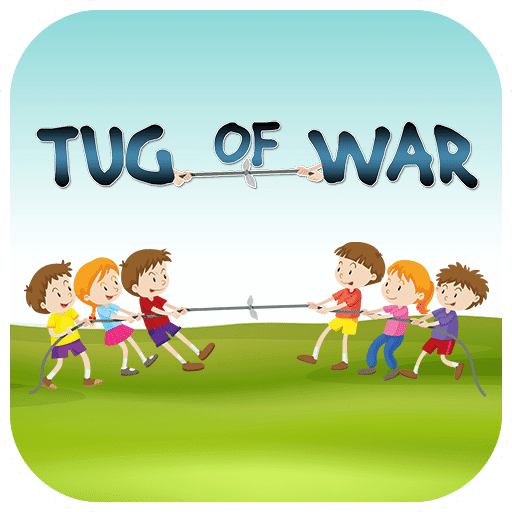
Fill in the Blanks
1. In Golaap Togor, players are named after __________ and __________.
Ans: In Golaap Togor, players are named after fruits and vegetables.
2. The last player remaining in the Chain (Sankali) game is the __________.
Ans: The last player remaining in the Chain (Sankali) game is the winner.
3. In Kumir Denga, the crocodile can catch runners in the __________ areas.
Ans: In Kumir Denga, the crocodile can catch runners in the water areas.
4. In Hopscotch, players must hop on __________ foot for single squares.
Ans: In Hopscotch, players must hop on one foot for single squares.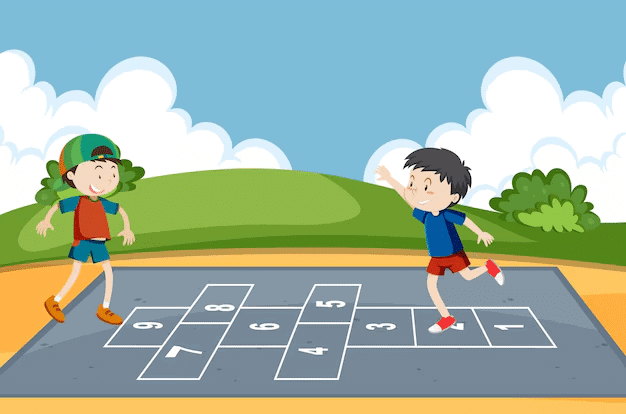
5. The Three-legged Race requires tying one player’s __________ leg to another’s.
Ans: The Three-legged Race requires tying one player’s right, left (accept either) leg to another’s.
True or False
1. In Pakdam-Pakdai, the den can hop instead of running.
Ans: True
2. Players in Hum Phoolon Ki Sadak pull each other across a line.
Ans: True
3. In Dodge Ball, the den stands outside the circle.
Ans: False
The den stands in the center of the circle and throws the ball.
4. In Light and Shade, players switch teams if touched in their area.
Ans: True
5. The Spoon Race is played with a lemon in the hand.
Ans: False
You balance the lemon on a spoon held in your mouth!
Short Answer Questions
1. Why do we set boundaries in games like Chain or Pakdam-Pakdai?
Ans: Boundaries keep players safe and organized, ensuring everyone knows where to play and avoid collisions.
2. Name two qualities you learn from playing Tug of War.
Ans: Teamwork and determination.
3. What happens if a player drops the lemon in the Spoon Race?
Ans: They lose their turn or must start again.
4. How does the Chain (Sankali) game end?
Ans: It ends when all runners become part of the chain; the last remaining player wins.
5. What is the purpose of Aankh Micholi?
Ans: To develop hearing skills, anticipation, and patience.
FAQs on Worksheet Solutions: Our Games - Physical Education and Well Being (Khel Yoga) for Class 3
| 1. What activities are typically included in a games class for 3rd graders? |  |
| 2. How can games classes benefit children's physical development? |  |
| 3. What are the essential skills children can learn in a games class? |  |
| 4. How important is participation in games class for a child's social skills? |  |
| 5. What should parents do to support their child's participation in games class? |  |

